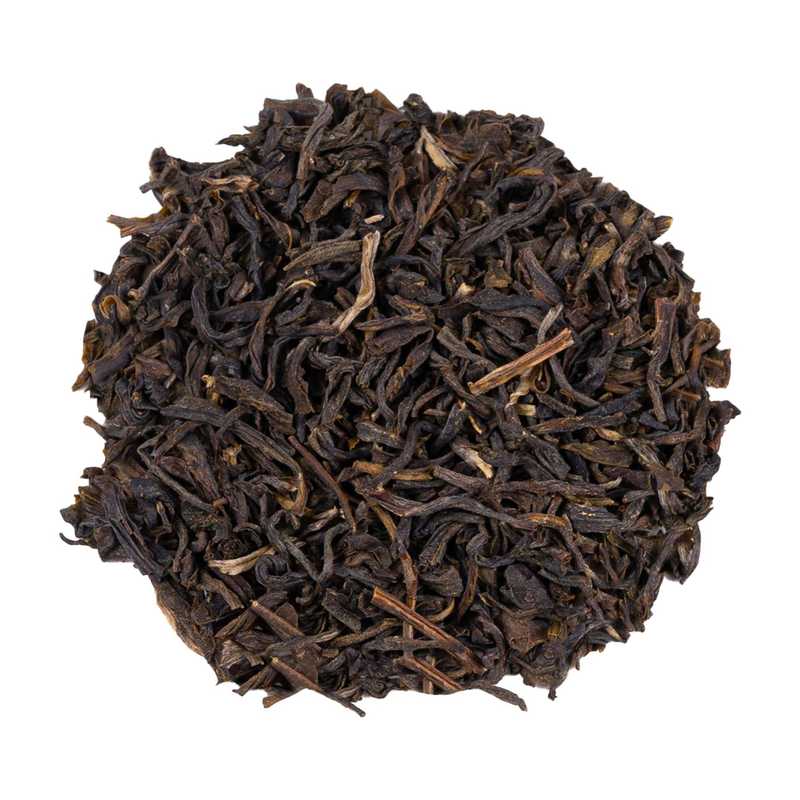Vietnam , a country with lush landscapes and rich history, is also a little-known but essential player in the world of tea. With tea growing traditions dating back thousands of years, Vietnam offers a palette of exquisite teas that deserve to be discovered and enjoyed. This article invites you to explore the heritage of Vietnamese tea, its unique varieties, and the tea-producing regions that contribute to the richness of this culture.

History and Tradition
Tea culture in Vietnam dates back to antiquity, integrated into the daily life and rituals of the people. Local legends say that tea was introduced by Buddhist monks to aid meditation. Since then, tea has become a pillar of Vietnamese hospitality, offered as a sign of welcome and respect.
Varieties of Tea
Vietnam produces a diverse range of teas, each with its own characteristic and flavor, reflecting the country's diverse climate and topography.
- Green Tea: The most commonly consumed tea in Vietnam, renowned for its freshness and delicacy. It is often prepared in a way that preserves its natural taste and slight astringency.
- Oolong Tea: Mainly grown in the mountainous regions of northern and central Vietnam, Vietnamese Oolong tea is appreciated for its floral and fruity nuances.
- Black Tea (or Red Tea): Although less common than green tea, Vietnamese black tea has a rich, robust taste, often used in flavored blends.
- White Tea: A rarer, delicate and subtle tea, harvested and processed with the greatest care to preserve its flavor and properties.
Tea Producing Regions
- Lam Dong: Located in the central highlands, this region is famous for its high-quality Oolong and green teas, thanks to its cool climate and fertile soils.
- Thai Nguyen: Famous for its special green tea called "Tan Cuong", this region offers a unique tasting tea, highly appreciated throughout the country.
- Ha Giang: Known for its aromatic black teas and Oolong teas, Ha Giang enjoys ideal climatic conditions for tea cultivation on its mountain slopes.
Tea Culture Today
Tea remains a central element of social and cultural life in Vietnam. Tea production is evolving with the introduction of modern methods, while preserving traditional techniques. Vietnam is also positioning itself in the international market, offering superior quality teas that are gaining recognition and appreciation.
Vietnamese tea, with its rich history, unique varieties and distinct growing regions, offers a rich and varied taste experience. Exploring the world of Vietnamese tea reveals not only exceptional flavors and aromas, but also an important part of Vietnam's culture and history. Tea lovers around the world are beginning to recognize Vietnam not only as a tea producer, but also as a destination for those looking to deepen their understanding of the art of tea.
ÔTEKA Commitment and Quality
At ÔTEKA, our passion for excellence pushes us to rigorously select our teas, in partnership with Vietnamese producers who share our commitment to quality and respect for the environment. Each tea variety is carefully packaged to preserve its aroma and freshness, ensuring an authentic and unforgettable tasting experience.


